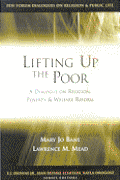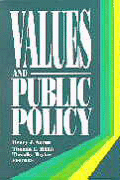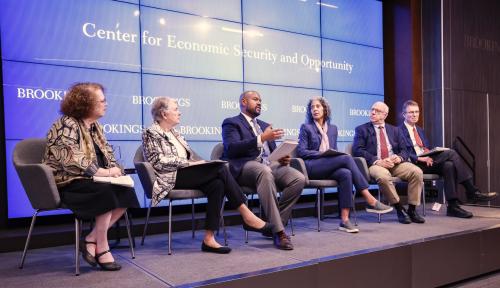Studies in this week’s Hutchins Roundup find that the poor labor market outcomes of the long-term unemployed are a direct result of long unemployment spells rather than of poor employment prospects from the outset, children from households winning a state lottery are only modestly more likely to go to college, and more.
Extended unemployment worsens subsequent employment outcomes
One hypothesis for the poor labor market outcomes of those who experience long spells of joblessness is that the long-term unemployed are “bad apples” who had poorer prospects from the onset of their unemployment. An alternative hypothesis is that time out of the labor market itself leads to poor outcomes. Using a rich data set with information on pre-unemployment earnings, Katharine Abraham and John Haltiwanger of the University of Maryland and Kristin Sandusky and James Spletzer of the U.S. Census Bureau reject the “bad apples” hypothesis. They conclude instead that factors like a loss of work-related skills, a reduction in the intensity of job search, and employer discrimination are likely responsible for the poor outcomes of the long-term unemployed.
When parents win a lottery, children are only modestly more likely to go to college
George Bulman and Robert Fairlie of the University of California at Santa Cruz, Sarena Goodman of the Federal Reserve Board, and Adam Isen of the U.S. Treasury study the effects of parental resources on college attendance by examining tax and financial aid records of more than one million children whose parents won a state lottery. They find that lottery wins of $100,000 or less have little effect on attendance, but that larger wins do increase attendance. They also find that low-income and low-saving households are less responsive to lottery wins than other households and that this is not the result of a crowding out of financial aid.
The Fed might be acting as if it has a third mandate
Joe Peek, Eric Rosengren and Geoffrey Tootell of the Boston Fed examine the responsiveness of monetary policy to concerns about financial stability. To do so, they construct a new measure based on the word count of terms related to financial stability—words like “bubble”, “crisis” and “bust”— in the transcripts of Federal Open Market Committee (FOMC) meetings. They find that, even after controlling for forecasts of inflation and unemployment, financial stability concerns correlate with monetary policy decisions. Thus, they conclude that the FOMC behaves as if financial stability were a third mandate.
Chart of the week: Household net worth as a percentage of after-tax income is near a record high
Quote of the week: “I must say that it took more time than expected to overcome deflation,” says Bank of Japan governor Haruhiko Kuroda
“Now, I am even more strongly convinced that we should make sure that Japan’s economy will never return to deflation. For these three years since the introduction of QQE, the economy has made substantial progress toward overcoming deflation that had lasted more than fifteen years. There is no better opportunity than now to completely get out of deflation. Talking about a limit to monetary policy does not help at all. What is important is to confront the issue and continue to pursue the best possible solutions. Two major items in our new framework, “yield curve control” and the “inflation-overshooting commitment,” have been discussed within academia and in other fora. The Bank [of Japan] is the first in the world to introduce them as actual policy tools.”








Commentary
Hutchins Roundup: Long-term unemployment, state lotteries, and more
Thursday, September 29, 2016